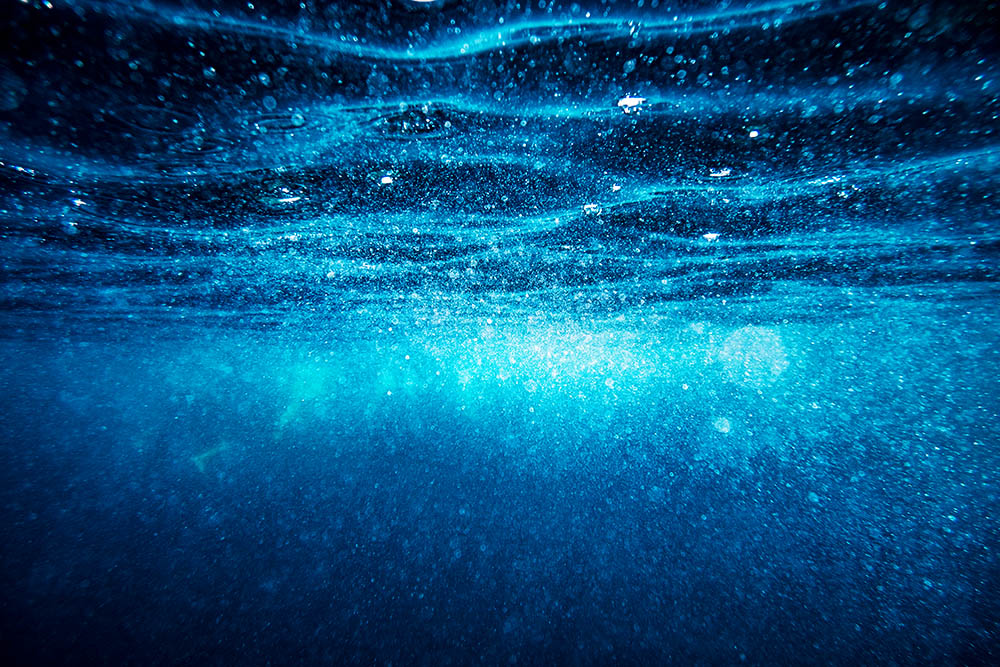Our planet is home to countless creatures – both on land and underwater. And while we can easily observe the animals that walk, run, or fly on this planet, the marine species that swim in our oceans have been less understood and less appreciated. Our oceans cover over 70% of the planet’s surface, yet we have explored less than 5% of it, which makes it all the more difficult to understand the biodiversity of the underwater world. This article aims to shed light on the importance of saving our seas, and what we can do to protect this crucial ecosystem.
The Importance of Our Oceans
The ocean plays an essential role in keeping our planet habitable, as it regulates our climate by absorbing carbon dioxide from the atmosphere and maintaining stable temperatures. In fact, oceans are responsible for more than 50% of the oxygen produced on earth. Not to mention, our oceans support livelihoods and are a source of food and recreation for millions of people.
The important role of the ocean is undeniable, yet key marine ecosystems have been eroded at an alarming rate due to human activity, such as overfishing, pollution and climate change. As a result, many species are being pushed to the brink of extinction, and entire ecosystems are at risk of collapsing.
The Dangers Facing Our Oceans
One of the biggest challenges facing our oceans today is plastic pollution. According to a 2015 report by the World Economic Forum, it is estimated that there will be more plastic in the ocean than fish by 2050 if we continue at the same rate of plastic use and disposal. A single piece of plastic can take hundreds of years to break down, and when it does, it releases toxins that can cause harm to marine life and ultimately to humans who consume fish.
Another danger facing our oceans is overfishing. Industrial fishing practices have depleted fish populations and their habitats, leading to fisheries collapsing and the loss of critical food sources for coastal communities around the world. This not only harms marine life, but also the social and economic stability of many communities.
Finally, climate change is also having a devastating impact on our oceans. The ocean absorbs approximately 30% of the carbon dioxide released into the atmosphere, which can lead to harmful acidification and rising sea levels. This has far-reaching consequences for marine life and coastal communities, as well as exacerbating the impact of natural disasters like hurricanes and typhoons.
What Can We Do to Help?
Thankfully, there are steps that we can take to protect our oceans and ensure their long-term well-being. Here are some of the things we can do:
1. Reduce Your Use of Single-Use Plastics: Avoid using disposable plastics such as straws, water bottles, and plastic bags. Instead, choose items that can be reused, such as glass or stainless-steel water bottles and bags made of natural fibers like cotton or jute.
2. Support Sustainable Fishing Practices: Choose to only eat sustainably caught fish, and look for certifications such as the Marine Stewardship Council’s blue tick when making purchasing decisions.
3. Be Mindful of Your Carbon Footprint: Reduce your carbon footprint by using public transit or biking, eating a plant-based diet, and reducing your energy consumption at home.
4. Support Conservation Efforts: Donate to organizations that protect our oceans and marine life, volunteer with beach cleanups, and advocate for policy measures that protect marine ecosystems.
The Bigger Picture
While individual actions are important, it is equally important that we hold our governments and industries accountable for their actions. Many of the policies that contribute to the destruction of our oceans are driven by corporate interests and political power. Therefore, it is essential that we put pressure on our leaders to prioritize conservation and sustainability.
There are already examples of governments taking steps to protect our oceans. In 2020, Chile designated a portion of its coastline as protected marine areas, and the government of the Bahamas has pledged to ban single-use plastics by 2020. The European Union is also implementing policies to reduce plastic pollution through its ban on single-use plastics and the introduction of more sustainable fishing practices.
Action on the corporate front is also vital. The Consumer Goods Forum, an alliance of global companies and retailers, has pledged to eliminate plastic waste and support sustainable production and consumption by 2030.
Conclusion
Saving our oceans may seem like a daunting task, but it is one that we must undertake if we want to ensure the long-term health and well-being of our planet. While individual actions are essential, it is also crucial that we hold our governments and corporations accountable for their actions. By working together, we can protect our oceans and support the millions of people who depend on them for their livelihoods and well-being.
